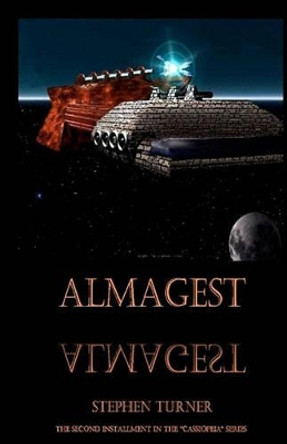Description
An exploration of Cronenberg's films, placing them in context by examining his relationship to his audience and the wider film industry within which he works.
About the Author
Scott Wilson is a Senior Lecturer in film history, film theory, and cultural studies in the Department of Performing and Screen Arts at Unitec, Institute of Technology in Auckland, New Zealand.
Reviews
In The Politics of Insects, Scott Wilson has produced a penetrating account of David Cronenberg as political modernist. Drawing on Slavoj Zizek's notion of the heretic, as one who takes specific ideological injunctions and disciplinary structures at face value in order to reveal their fictive, constructed nature, Wilson shows, through sustained and exact analysis of Cronenberg's films, from Shivers to Eastern Promises, the political critique effected by his cinema. He re-invigorates many of the issues that characterised an earlier phase of film theory, drawing on Althusser, Foucault, Baudry, Narboni, and others, to draw out what it is for Cronenberg to have laid bare the devices of cinematic narration. Paying close attention to the determining structures of films like Spider and Videodrome, Wilson makes clear how narrative can be made to operate in such a way that the reality it describes merges unendingly with its own reality as narrating process. Narration is to be seen, not as the representation of an event, but as that event itself. What films such as Videodrome represent is thus, in Lacan's words, the lack of the very function that engenders them. As a result, the structure of diegetic reality is rendered 'permeable and the boundary between objective and subjective is breached'. Taking as his guide Cronenberg's description of his 'project' as being 'to show the unshowable, speak the unspeakable', Wilson contends that the aim of these films is to extend cinema up to and beyond its limits, to move beyond what is intelligible, to show what cannot be shown, the Real, the 'pre-ontological': to penetrate the region of 'insect politics'. This project is seen to extend through the increasingly sophisticated texts of Cronenberg's later work.I have no doubt that this book will establish itself, not only as the most profound study of David Cronenberg, but also of the political theory of cinema, to have appeared this century. --Michael Grant, University of Kent, Canterbury, Kent
Scott Wilson's The Politics of Insects is a breath-taking study of David Cronenberg's oeuvre. Insightful, provocative and playful, the book offers the reader a compelling account of the themes and dreams of this insides/outsides director. Wonderfully illustrated, incredibly well-researched, the book deserves to be read by all Cronenberg fans, and students and scholars interested in the art and meaning of humanness and the violence that surrounds and wells up in us all. --Sean Redmond, Associate Professor, Deakin University, Melbourne, Australia
Scott Wilson's reading of the cinema of David Cronenberg is full of interest. Employing tools derived from Foucault, Althusser, Zizek and cinematic apparatus theory, The Politics of Insects takes Cronenberg studies to places it has never been before. Wilson offers a stimulating and carefully argued perspective that examines every phase of Cronenberg's career and produces an interpretation of this fascinating artist that is both illuminating and thought-provoking. The Politics of Insects should be required reading for all serious devotees of the filmmaker. --William Beard, Professor of Film Studies, University of Alberta, Canada, and author of The Artist as Monster: The Cinema of David Cronenberg
Book Information
ISBN 9781623563394
Author Scott Wilson
Format Paperback
Page Count 256
Imprint Bloomsbury Academic USA
Publisher Bloomsbury Publishing Plc
Weight(grams) 349g









